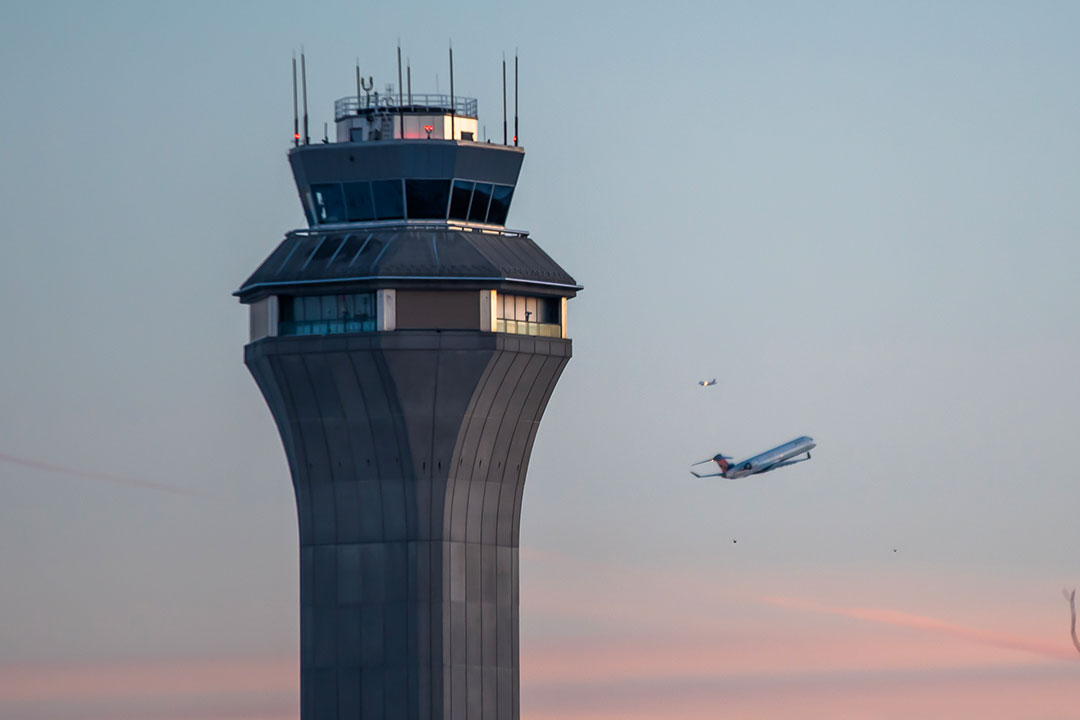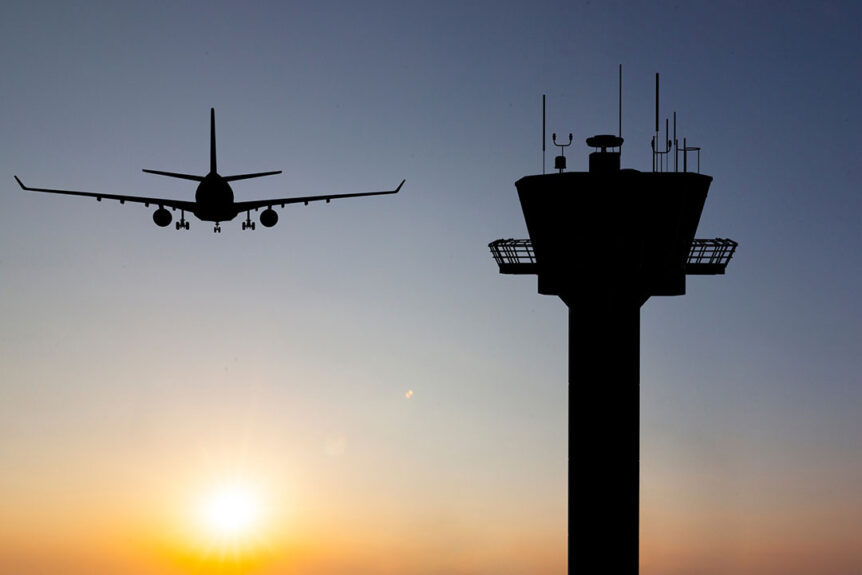The air traffic controller shortage causing a safety risk in Nashville is clear in the staffing data: Nashville Tower (BNA) has a Certified Professional Controller (CPC) target of 39 but only 30 CPCs on board, with 9 in training, as of April 23, 2025. This gap reduces redundancy during busy periods, increases overtime, and raises the risk of fatigue when traffic surges or weather compresses operations.
What recent events say about operational risk at BNA
Runway safety pressure at Nashville has been visible in high profile close calls. On September 12, 2024, Alaska 369 rejected takeoff on Runway 13 when Southwest 2029 was crossing the runway; tires deflated on the abort and the event triggered federal investigations.
This risk picture is not isolated to one airport. National regulators launched a broad review of runway incursion risk at the 45 busiest U.S. airports, citing a string of serious close calls in 2023 and 2024 and the need to harden procedures and surface awareness tech while hiring more controllers.
Why staffing shortfalls elevate risk

Air Traffic Controls working in a control tower.
Terminal towers are engineered with layers of protection, including procedural separation, visual scanning, ground radar, surface movement guidance, standardized phraseology, and human cross checks. When staffing dips below modeled needs, those layers thin: fewer eyes per position, fewer certified controllers to split sectors or run an extra ground frequency, and fewer supervisors available for coaching and relief.
At Nashville, an expanding schedule and tourism driven growth intensify the strain.
Fatigue, overtime, and performance
Fatigue erodes vigilance, scan rate, and phraseology precision, which are critical factors for catching conflicting taxi instructions, runway crossings, and late lineup and wait changes. Controller interviews at BNA describe routine overtime and limited recovery time. Nationally, the FAA and NATCA have been moving on rest interval updates and fatigue risk recommendations, while acknowledging implementation challenges during a shortage.
How ATC Shortages Disrupt Passenger Travel in Nashville

Airport control tower during takeoff
For those flying through Nashville, the strain shows up in very tangible ways: longer waits on the tarmac, delayed departures even on clear-weather days, and occasional diversions when the system becomes overloaded. The risks extend beyond inconvenience, as 2023 marked the highest number of serious runway incursions since 2016, prompting a nationwide safety audit of major airports.
Nashville has already been singled out in this review after close calls on its runways drew national attention, underscoring how staffing gaps can translate directly into both operational disruptions and heightened safety concerns for passengers.
What Passengers Can Expect Until Staffing Improves

Travelers are feeling the impact of ATC shortages directly through longer delays, more cancellations, and heightened safety concerns.
For passengers, the shortage translates into a less predictable travel experience and a thinner safety margin in the background of every flight. Airlines have already reduced schedules at some major hubs to cope with staffing gaps, and similar flow control measures in Nashville can lead to missed connections, longer wait times between check-in and boarding, and fewer options for recovery when weather disrupts flights.
While government oversight and modernization efforts such as enhanced ground radar, runway status lights, and stricter rest requirements are meant to protect travelers, the reality is that training backlogs, retirements, and Nashville’s rapidly growing passenger demand mean travelers should expect occasional delays and operational hiccups until the controller pipeline catches up.
In the meantime, every trip through Nashville reflects a balancing act between maintaining safety and managing a high-growth airport with fewer controllers than needed.

